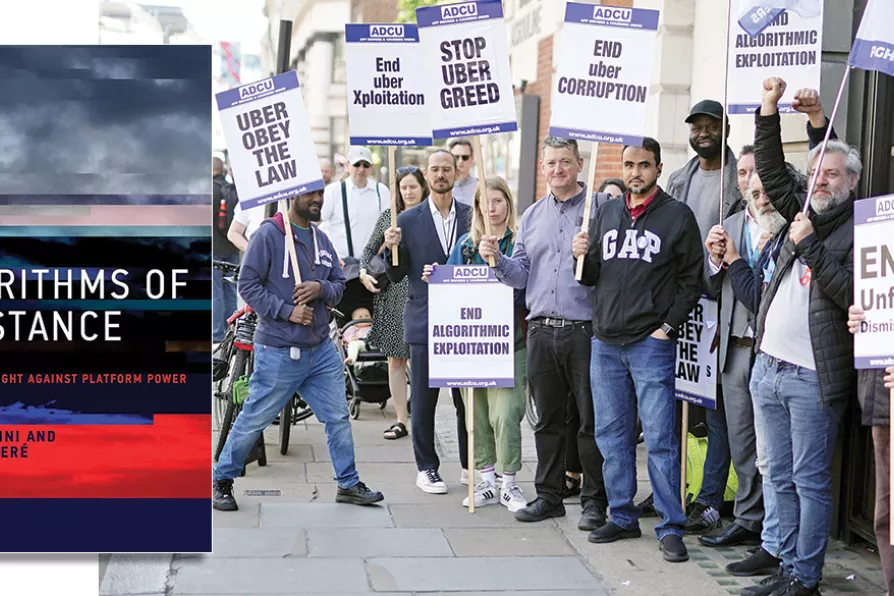
 algorithm
algorithm
Algorithms of Resistance
Tizanio Bonini and Emilaiano Trere
MIT Press, £29
LET’s start by saying that this book was written by two academics and published by an academic publisher. So it is keen on its theory, and although it is dedicated to workers and activists, it can at times seem a little dry and abstract.
But – and a big but – it is still a work that everyone interested in the fight against oppressive IT systems should read. The authors rightly explain that algorithmic management, in which human managers are replaced by IT systems, often via the internet, are as much an attack on worker freedoms as the factory system and its dominating machines.
These may or may not be AI systems: the AI hype is in some ways a noisy concealment of this bigger picture. In our age of information automation, whole groups of existing workers have become dominated by IT systems. We also see the creation of completely new kinds of casualised labour in the form of zero-hour platform or gig workers, for example those exploited by Uber, Just Eat and other delivery companies.

















